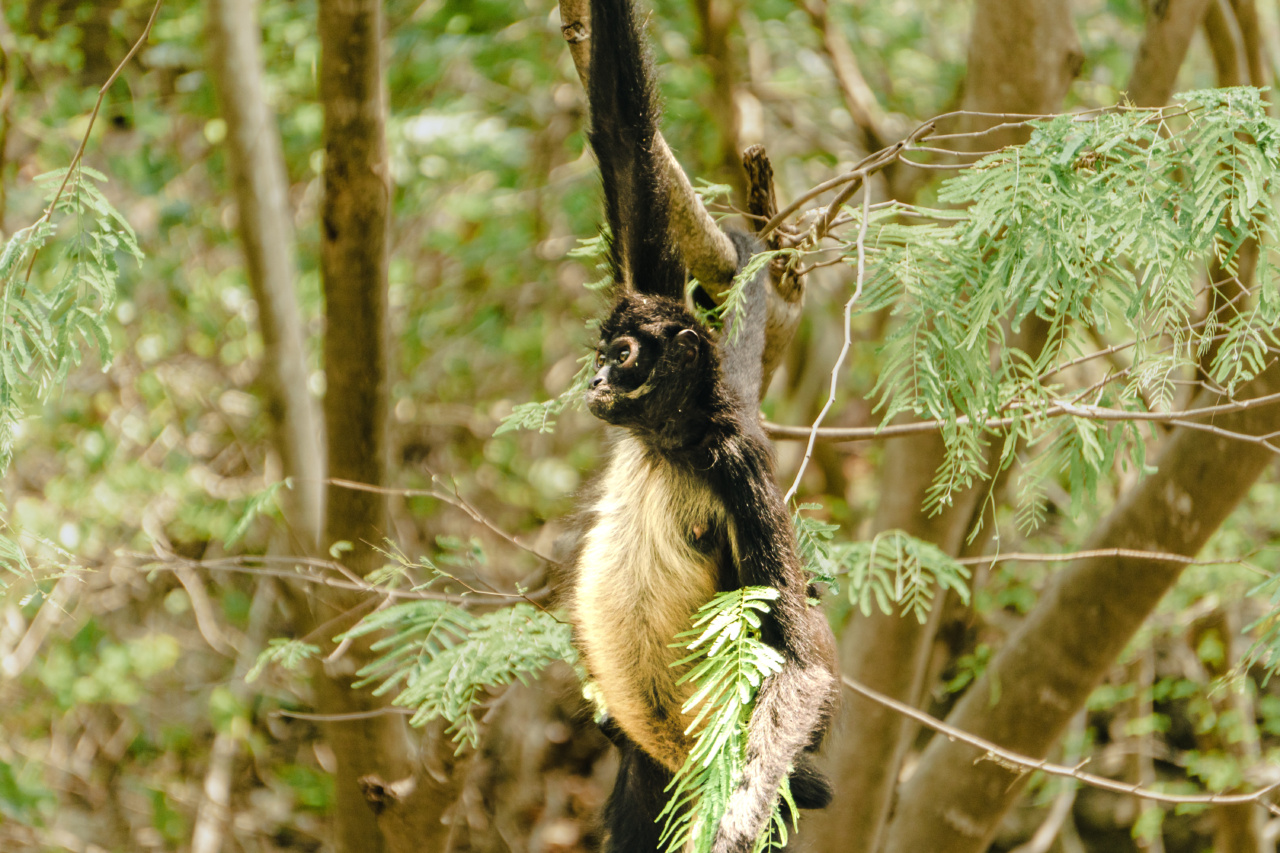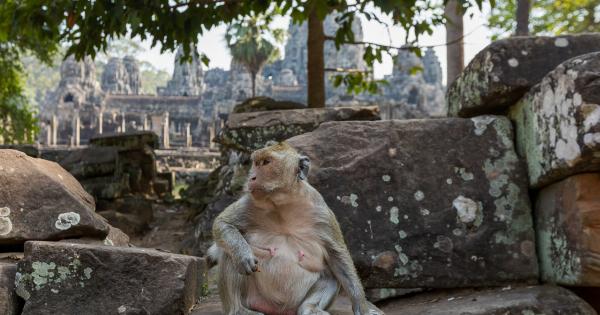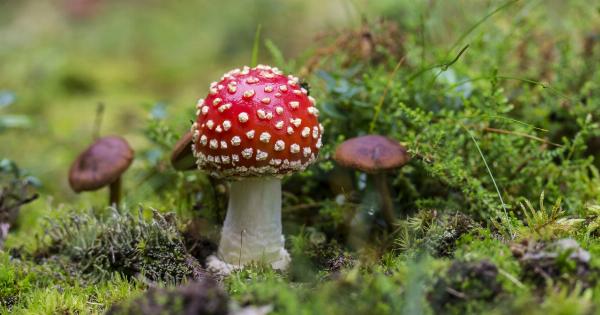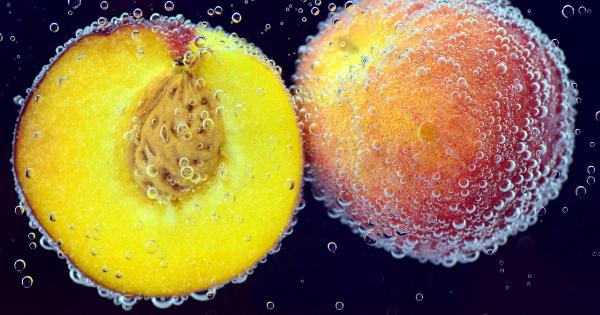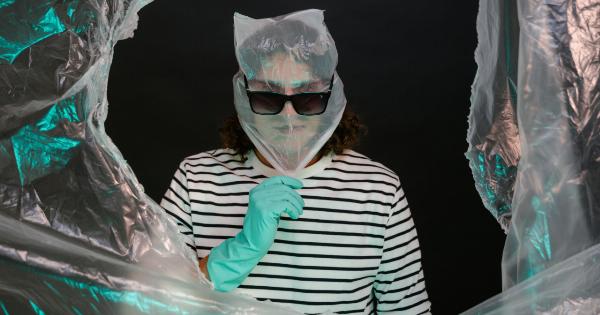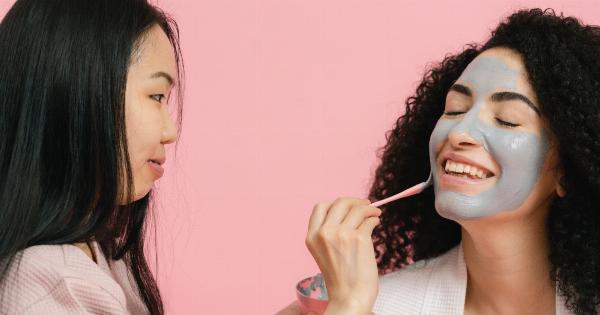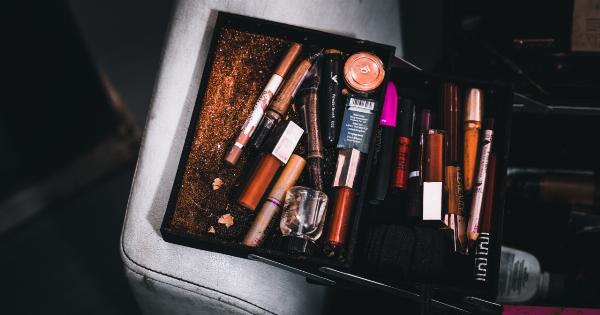There has been a shocking revelation in a recent FBI report that exposes the widespread use of monkey ingredients in cosmetics.
This distressing discovery has raised serious concerns about the ethical implications of the beauty industry and the mistreatment of animals. As consumers become more conscious about the products they use, it is crucial to delve into this issue further and understand its implications.
The Dark Side of Cosmetics
Cosmetics have always played a significant role in grooming and enhancing one’s appearance. From skincare to makeup, the beauty industry offers a wide range of products to cater to various needs.
However, behind the glamorous facade lies a disturbing reality: the use of animal ingredients, particularly monkey-derived substances, in cosmetics.
How Monkeys Are Exploited
Monkeys, our closest relatives in the animal kingdom, are subjects of extreme cruelty in the name of beauty. In order to obtain ingredients for cosmetics, these innocent creatures are subjected to inhumane conditions and painful procedures.
They are often captured from their natural habitats, which disrupts their social structures and leads to numerous psychological issues.
Once captured, monkeys endure a horrifying existence in laboratories and testing facilities. Various experiments are conducted on them to extract the desired ingredients.
These experiments can include force-feeding, skin irritation tests, and even lethal dose trials. The monkeys suffer physically and mentally throughout this process, causing immense pain and distress.
The Ethical Dilemma
The use of monkey ingredients in cosmetics raises profound ethical concerns. As a society, we have come a long way in recognizing the rights of animals and the importance of treating them with kindness and compassion.
However, the beauty industry’s reliance on monkey-derived substances goes against these principles.
Using animals for cosmetic testing is not only a violation of their rights but also unnecessary in the modern world.
Alternative methods, such as in vitro testing and computer simulations, have shown promising results and are widely accepted by ethical organizations. It is high time for the beauty industry to prioritize these cruelty-free alternatives and put an end to the exploitation of animals.
The Environmental Impact
The use of monkey ingredients in cosmetics not only raises ethical concerns but also has a significant impact on the environment.
The extraction of these ingredients often leads to deforestation as natural habitats are destroyed to meet the industry’s demands. This destruction disrupts ecosystems and threatens the survival of numerous plant and animal species.
Furthermore, the excessive use of chemicals in the production of cosmetics contributes to pollution and environmental degradation.
From the extraction of monkey-derived ingredients to the disposal of cosmetic waste, each step of the process has far-reaching consequences for the planet. It is imperative for the beauty industry to adopt sustainable practices and minimize its carbon footprint.
Consumer Awareness and Support
With the spread of information and growing awareness, consumers have the power to drive change in the beauty industry.
By making informed choices and supporting cruelty-free brands, individuals can exert pressure on companies to abandon the use of animal-derived ingredients.
Several organizations and certifications, such as PETA’s Beauty Without Bunnies and Leaping Bunny, provide resources to help consumers identify and support ethical brands.
By opting for products that are not tested on animals and do not contain monkey ingredients, consumers can contribute to the cause and send a clear message that animal cruelty has no place in the beauty industry.
The Role of Government and Regulatory Bodies
While consumer choices and actions can make a difference, it is crucial for governments and regulatory bodies to reinforce ethical standards in the beauty industry.
Stricter regulations, transparency in labeling, and banning the use of animal-derived ingredients can significantly impact the widespread use of monkey ingredients in cosmetics.
Furthermore, government funding and support for alternative testing methods can accelerate the transition toward cruelty-free practices.
By encouraging research and development in this field, authorities can promote innovation and provide viable alternatives to the use of animals in cosmetics testing.
Conclusion
It is disheartening to uncover the widespread use of monkey ingredients in cosmetics. The beauty industry must take responsibility and prioritize the well-being of animals over profit margins.
By embracing cruelty-free alternatives and sustainable practices, the industry can align itself with the evolving ethical standards of society. Consumers, too, have a vital role to play by making informed choices and supporting brands that prioritize animal welfare. Only through collective efforts can we build a beauty industry that truly embodies beauty both inside and out.
